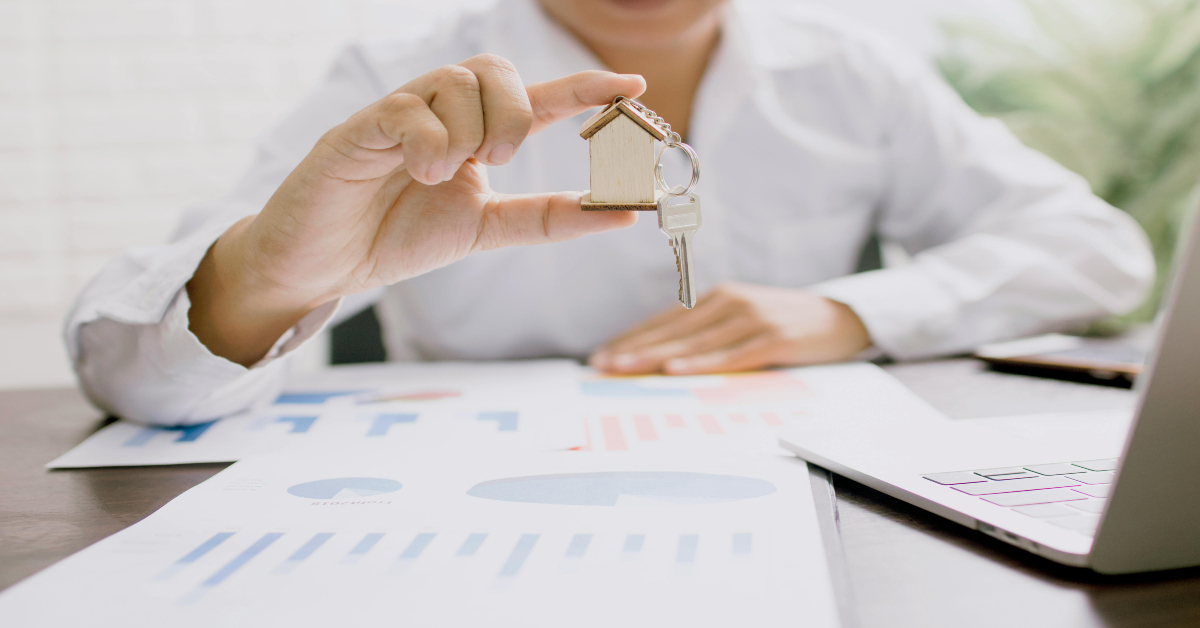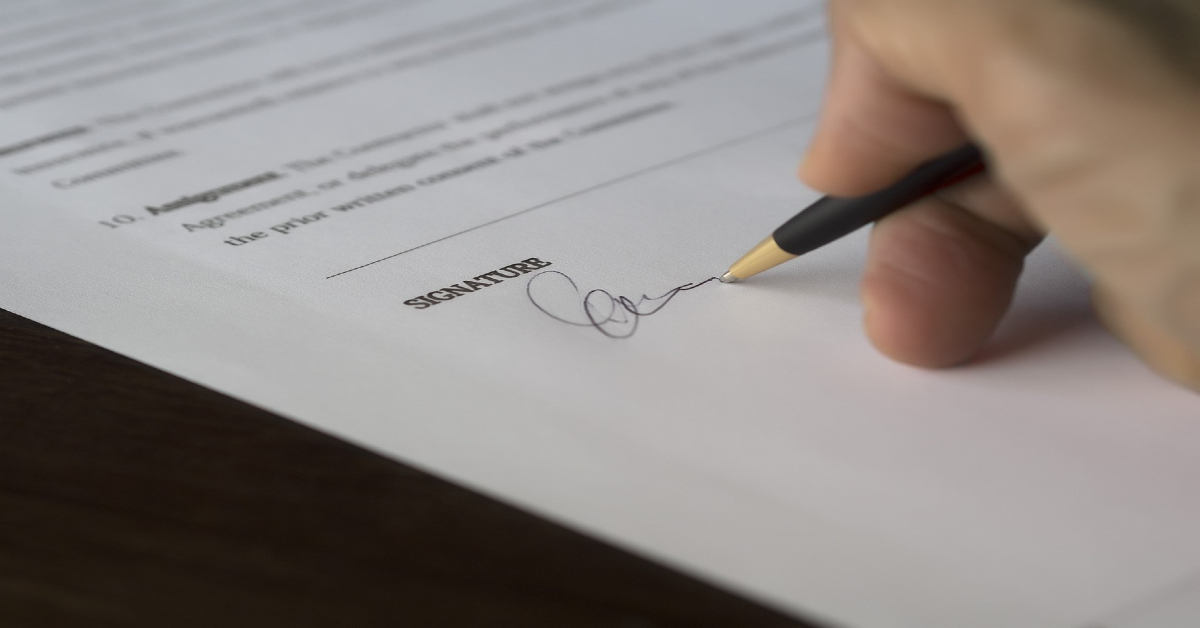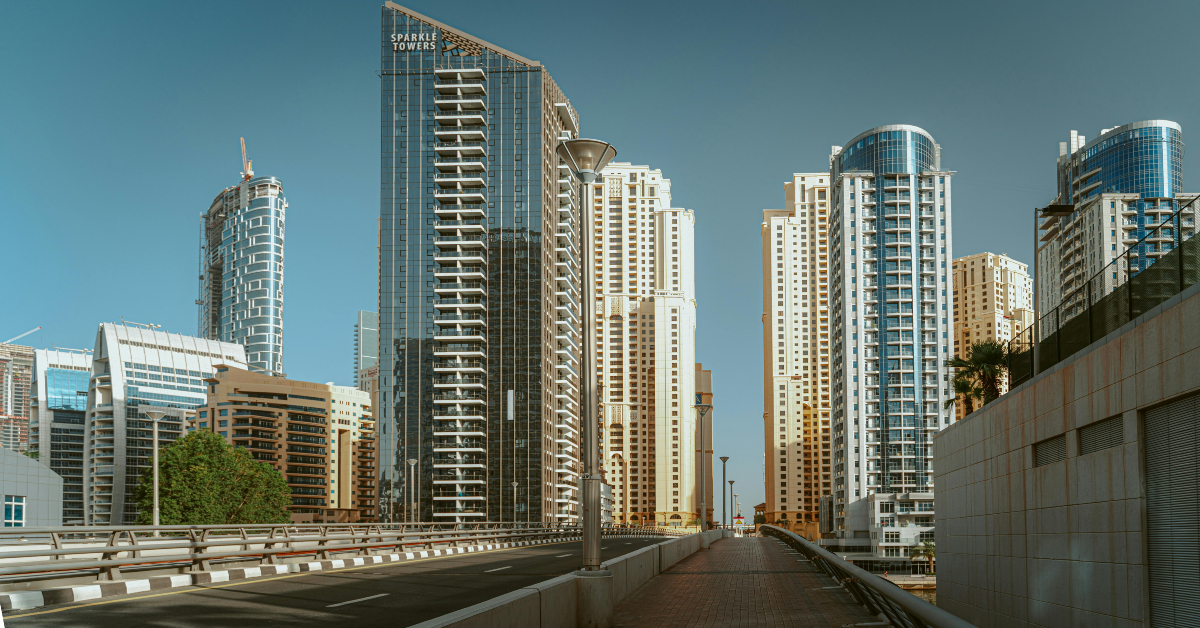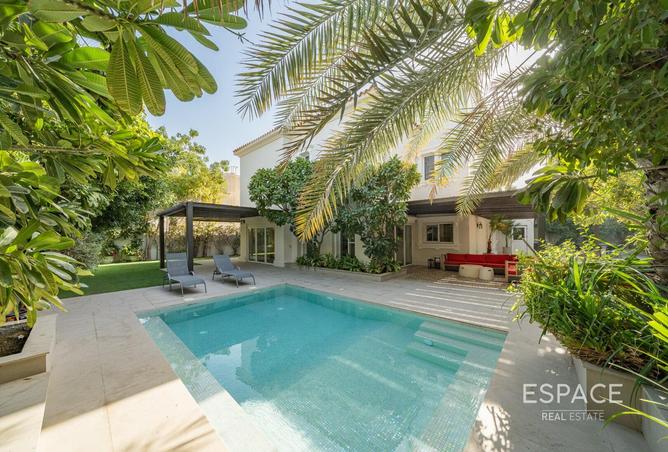Planning to buy your first home in the UAE? The headline price is only the beginning. In reality, the hidden costs of buying a house in the UAE include government fees, bank charges, utility deposits, and more. These differ by emirate, property type (ready vs off-plan), and ongoing government updates.
Together, these hidden costs can add up, and unless you plan for them early, they can catch you off guard.
This guide breaks down every cost, explains why it matters, and outlines who is responsible for each payment, helping you plan your home-buying budget with greater confidence.
- Why the listed property price isn’t the total price
- One-time government and transfer fees
- Mortgage-related expenses
- Clearance costs and NOC fees
- Utility deposits and connection fees
- Costs after moving In
- Key takeaways
- FAQs

Why the listed property price isn’t the total price
At first glance, a property may look comfortably within your budget. But once you start the buying process, you realise that there are multiple parties involved: government departments, real estate agents, developers, banks, and others. Each one has its own charges.
These costs aren’t necessarily hidden; they are simply not part of the house price, but they are a part of the buying process.
One-time government and transfer fees
Before getting into the initial government fees, it is important to note that every emirate has its own rules and regulations. In other words, fees vary from one place to another.
Transfer charges in Dubai
The Dubai Land Department charges 4% of the sale value for property sales registration. Usually, the buyer pays the full amount, though this fee can be split equally between the buyer and seller.
Additionally, AED 250 must be paid for the issuance of the title deed, a knowledge fee of AED 10, and an innovation fee of AED 10.
Transfer fee in Abu Dhabi
The Digital Real Estate Ecosystem (DARI) or Abu Dhabi Real Estate Centre (ADREC) regulates property sales registration. Typically, the fee for registering a property sale is 1% to 4% of the property’s transaction value.
Register and get the title deed through the DARI portal. The service pages detail all the steps and charges.
Trustee office charges in Dubai
To complete the transfer, both parties must make an appointment and visit a trustee centre approved by the Dubai Land Department.
On the day of the visit, a trustee’s office fee must be paid, amounting to AED 4,200 if the sale price is AED 500,000 or higher. The cost is AED 2,100 if it is less than this. This fee is in addition to the transfer fee.
Mortgage-related expenses
If you’re financing your home through a bank, prepare for additional charges.
Mortgage registration charges
If you are getting a mortgage loan to buy a house in Dubai, you must pay a mortgage registration fee to the Dubai Land Department.
This is usually 0.25% of the total loan value. In addition, you must pay an AED 10 innovation fee and an AED 10 knowledge fee.
If a title deed service applies to the transaction, an additional AED 250 must be paid. The trustee partner service fee also applies to mortgage services.

Bank charges for a mortgage
When you take a mortgage loan from a bank, a processing fee is levied. In addition, a valuation fee (typically AED 2,500-3,500) must be paid.
The loan also includes property and life insurance charges. The banks share the requirements for these insurance charges in their official documents.
For instance, Abu Dhabi Commercial Bank (ADCB) makes life and property insurance mandatory for home loans.
Clearance costs and NOC fees
In most communities with a master plan, a No Objection Certificate (NOC) from the developer is required. Fees vary by developer and must be paid by the buyer, the seller, or split between the parties.
For example, EMAAR lists ownership change and clearance requirements in its official schedule and moving-in guides. These documents also state that all service charges must be paid in full before buying a property.

Utility deposits and connection fees
The Dubai Electricity and Water Authority (DEWA) collects a refundable deposit, usually around AED 2,000 for an apartment and AED 4,000 for a villa, plus activation charges.
Actual amounts may vary based on property size and developer requirements. Before you move in, visit DEWA’s official website and add all the charges to your budget.
The Abu Dhabi Distribution Company (ADDC) also takes a refundable deposit when setting up an account.
Deposit for the district cooling provider
Most district cooling providers, such as Empower, charge a refundable deposit when you register. This is typically around AED 2,000 for an apartment and AED 3,000 for a villa, but it’s best to confirm with your provider directly.
Costs after moving in
Once you own the property, you’ll pay annual service charges to the master developer or community management. These fees can add up quickly and vary depending on property type, location, facilities, and finishing quality.
The cost usually ranges from AED 10 to AED 25 per sq ft per year.
Cost of renting out your property
Every tenancy contract must be registered on Ejari. In Dubai, online registration costs AED 100, with an additional AED 10 each for innovation and knowledge fees. If you register at the centre, extra fees may apply. Factor these costs into your rental before renting your property.
Explore Properties For Sale in Dubai
-

Villa
Listed 4 days ago
13,500,000 AED
Turnkey | Extended | Best Value Alvorada
Alvorada 1, Alvorada, Arabian Ranches, Dubai
4
4
8,451 sqft
-

Villa
Listed 3 weeks ago
13,500,000 AED
Extended | Upgraded | Private Pool
Alvorada 1, Alvorada, Arabian Ranches, Dubai
4
4
4,200 sqft
-

Apartment
Listed 5 days ago
1,950,000 AED
Exclusive | Fully Furnished | Prime Location JVC
Binghatti Emerald, District 15, Jumeirah Village Circle, Dubai
3
4
1,352 sqft
-

Villa
Listed 2 days ago
4,390,000 AED
Fully Upgraded | Vacant now | Converted 3 bed
Springs 4, The Springs, Dubai
3
3
1,647 sqft
-

Villa
Listed 1 week ago
14,500,000 AED
Single Row | New Six Bedrooms | Private
Aseel, Arabian Ranches, Dubai
6
4
4,622 sqft
-

Townhouse
Listed 3 days ago
5,250,000 AED
Single Row | 4BR + Maid | Motivated Seller
Gardenia Townhomes II, Wasl Gate, Dubai
4
5
3,097 sqft
-

Apartment
Listed 5 days ago
750,000 AED
Stunning Spacious | Prime Location | 1BR Apartment
Cordoba Palace, Dubai Silicon Oasis, Dubai
1
2
778 sqft
-

Villa
Listed 3 weeks ago
42,000,000 AED
Stunning Fully Furnished Ultra-Luxury 7BR Villas
Emerald Hills, Dubai Hills Estate, Dubai
7
7+
8,600 sqft
-

Villa
Listed 2 weeks ago
38,999,995 AED
Fully Upgraded | Extended | Furnished
The Nest, Al Barari, Dubai
4
6
7,559 sqft
-

Villa
Listed 2 days ago
25,105,500 AED
Luxury Villa | Close to Club House | Lagoon Access
Karl Lagerfeld Villas, Nad Al Sheba, Dubai
6
6
11,344 sqft
Key takeaways
The hidden costs of buying a house in the UAE range widely. From transfer fees to developer NOCs and insurances, these charges, when not known, can easily throw your budget off track. To prepare and set your budget confidently, visit the official websites of the Dubai Land Department and DARI.
If you are applying for a mortgage loan, ensure you have checked the bank’s official documents to uncover all the mortgage charges you must bear. Once you know all the hidden charges, create a buffer for these to ensure a smooth transfer, and then move into your new home.
FAQs
The Dubai Land Department has set a transfer fee of 4% of the total sale value.
Most lenders in the UAE ask for property and life insurance. The requirements are shared on the product pages and bank agreements.
Transfer fees, knowledge and innovation fees, trustee office fees, developer NOC fees, utility deposits, agent fees, and bank charges could arise at the last minute.
Annual service charges and maintenance fees typically range from AED 10 to AED 25 per square foot, depending on the development.
The most critical fees are the transfer fee, registration and issuance fees, real estate agent commissions, and mortgage-related costs if bank financing is involved.








